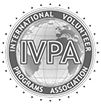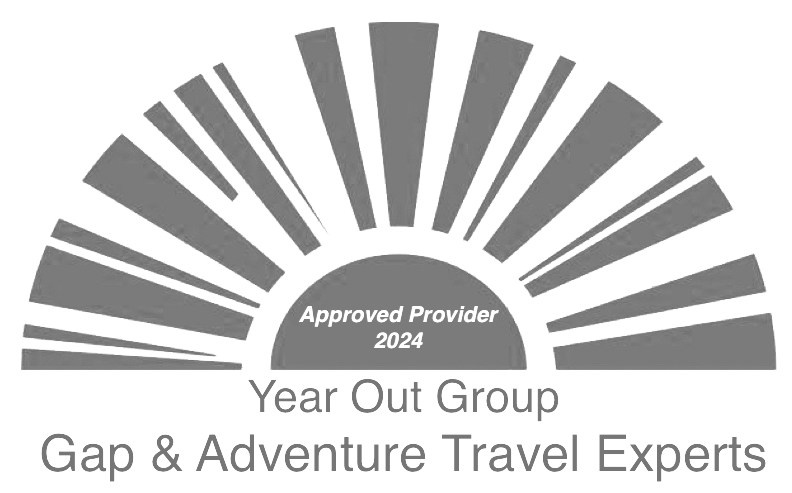The world we try to save
According to the World Travel and Tourism Council, the 2018 contribution of the tourism sector in South Africa, directly accounted for 2.8% of real gross domestic product (GDP), which amounts to R139 billion and this was projected to grow to R145,3 billion for 2019. Now, with the tourism industry, during the COVID-19 crisis has all but ground to a halt the industry is desperately trying to find ways of staying afloat and perhaps expanding business to thrive in 2021.
Imagine the Kruger National Park seeing no international or domestic visitors for 2 – 6 months . Imagine the coral reefs in Sodwana Bay, having no scuba divers for half a year. Imagine beaches, untouched by human footprints for months at a time. Imagine the possibility of life returning, with full force, to areas which have had a break from human interaction. Would it be a post-apocalyptic vision, like we have in the movies?
How long is too long, and how long is not long enough?
For the first time in decades dolphins and swans have been seen in the canals in Venice. The canals, are now also the cleanest they have ever been, and you can see directly to the bottom of them. In northern India for the first time in many years, the Himalayas are visible through pollution free skies. Likewise in London, where the blue spring time sky, is the least polluted it has been for many years.
Could the lack of movement, and then subsequently the lack of tourism, be helping our planet?
The images we have seen around the world of nature returning to urban areas are wonderful to see, and we are all reminded that now, more than ever we need to have a serious think about the state of the planet we will be walking into. Should we even return to normal life when normal life was slowly destroying our very home?
How can we save our businesses but at the same time preserve our planet?
As the world continues to suffer through this pandemic, now is the time to start thinking about the type of world we are desperately trying to save. Let's hope that when lockdown finally ends, and when we have a handle on the COVID-19 virus, that we don’t see oceans full of disposable face masks and shields and rivers choked with disposable gloves and empty hand sanitizer bottles.
Yours,
Vanessa Randon (Programme Manager)
The Good Hope Volunteer Team
To be part of our amazing volunteer community, please contact us.
Follow us on Instagram (@good_hope_volunteers), Facebook (@goodhopevolunteers) and Twitter (@GHVvolunteers)

